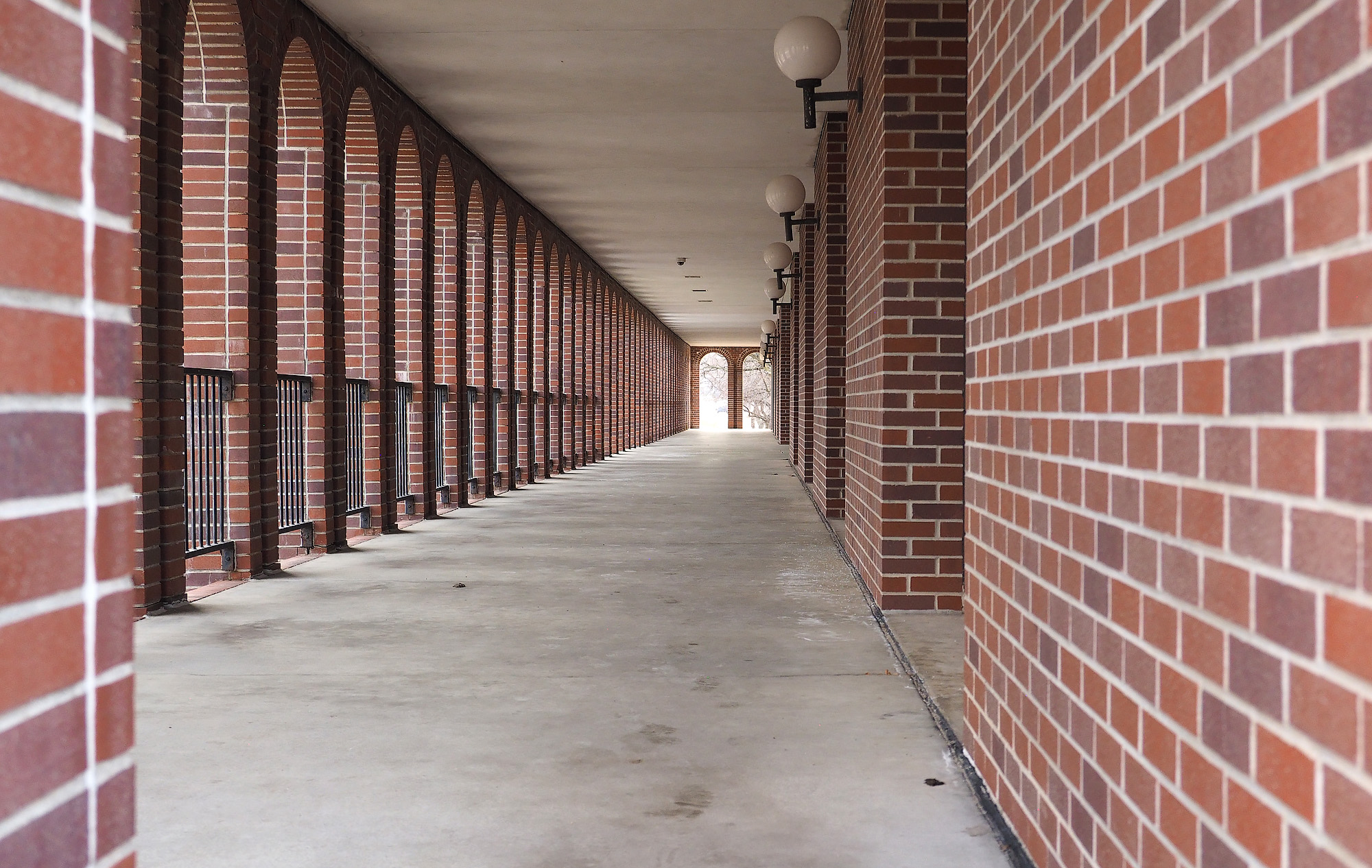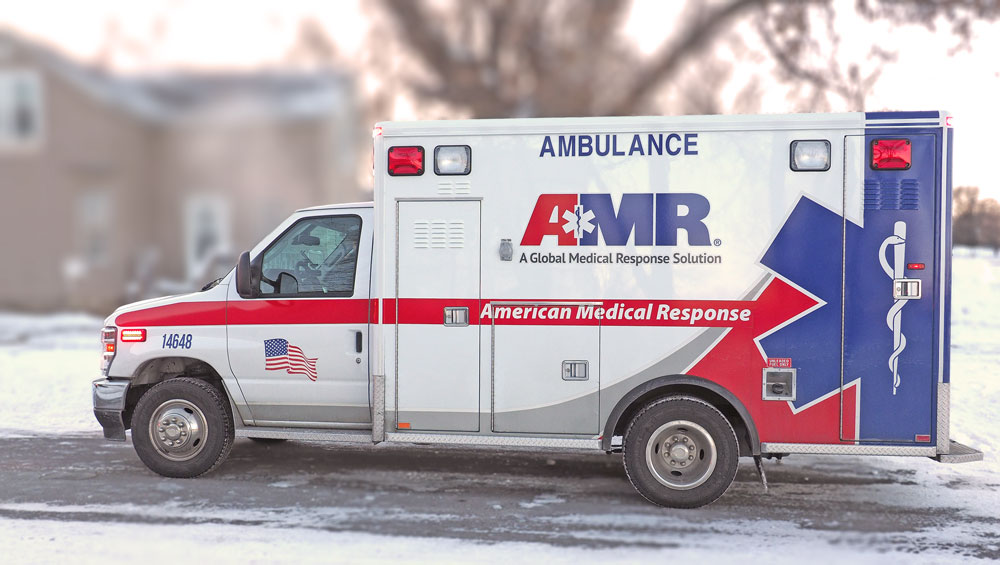Summit CO2 pipeline company prevails in Iowa over two county ordinances

By Jared Strong, Iowa Capital Dispatch
A federal judge on Monday permanently barred two Iowa counties from enforcing their ordinances that restrict the placement of carbon dioxide pipelines.
Shelby and Story counties adopted restrictions after two companies proposed to build pipeline systems to transport captured carbon dioxide from ethanol plants and other facilities.
The ordinances set minimum distances to locate the pipelines away from cities, homes, schools and other sites. They also have some requirements that pertain to emergency response plans in case of a pipeline breach.
Summit Carbon Solutions, which hopes to build a five-state pipeline system to transport the greenhouse gas to North Dakota for underground sequestration, sued the counties and argued that they lack the authority to impose the restrictions.
The company said the federal government is charged with regulating the pipelines’ safety and that the Iowa Utilities Board (IUB) has authority over their placement.
Chief Judge Stephanie Rose, of the federal Southern District of Iowa, agreed. Rose granted Summit summary judgments in both lawsuits on Monday and issued permanent injunctions to block the counties from enforcing the ordinances.
“The challenged restrictions impose severe limitations that will lead to a situation where the IUB may grant a permit to construct a pipeline and Summit is unable to do so,” Rose wrote in the Shelby County decision.
The Story County decision contained a similar rationale. Summit also has a pending lawsuit against Emmet County for a similar ordinance.
Rose ordered the counties to cease enforcement of their minimum-distance and safety requirements, give written notice to county employees of the injunctions and prove they have complied with the order within 10 days.
An attorney for the counties did not immediately respond to a request to comment for this article.
Floyd County had also been working on its own zoning amendment to regulate where CO2 pipelines can be built in the county. It has hired the same law firm to help draft the law, Ahlers & Cooney of Des Moines, that worked on the Shelby, Story and Emmet county zoning rules. The Floyd County Board of Supervisors several months ago decided to pause work on its ordinance pending the outcome of the federal lawsuits.
Summit declined to comment but sent an email to an unspecified number of county supervisors on Monday to inform them of the judge’s decisions.
“This final order is significant, underscoring the precedence of federal and state laws over local ordinances in regulating major infrastructure projects like ours,” wrote Kylie Lange, a senior project manager for the company. “It reinforces our position that local setbacks and safety standards cannot intrude upon the authority vested in federal and state agencies.”
Another carbon dioxide pipeline company, Navigator CO2, had sued Bremer, Emmet and Story counties but dismissed the litigation after it announced in October that it was canceling its project.
The threat of litigation has prevented other counties from adopting pipeline ordinances.
Jan Norris, a Montgomery County landowner whose property is near the path of Summit’s proposed pipeline, said she has been urging her county supervisors for more than a year to restrict how close it can be to houses and other places.
She said one of the homes in her area is within 300 feet of Summit’s proposal, and she believes the family that lives there would be swamped by carbon dioxide within minutes if the pipeline has a catastrophic failure.
“They have said, ‘We can’t pass an ordinance because Summit is going to sue us,’” Norris said of her five-person board of supervisors. “They are paralyzed with fear.”
Mike Olson, the chairperson of the Montgomery board, said he has long doubted that counties have the authority to regulate the pipelines, and “I did not want to drag our county into a lengthy legal battle.”
He is a farmer who thinks the pipelines will benefit the ethanol industry and, by extension, the amount of money farmers are paid for their corn. More than half of the state’s corn crop is used to produce ethanol.
Olson said the board considered an ordinance identical to Shelby County’s but decided to wait for the federal judge’s ruling before proceeding with any votes, on the advice of his county attorney.
Fears about pipeline breaks are frequently voiced by opponents of the projects. They stem, in part, from a carbon dioxide pipeline rupture in Mississippi in 2020, when a confluence of atmospheric conditions caused a plume of the leaked gas to travel toward a small town. About 45 people sought hospital treatment, and three nearly died.
Federal regulators have said the leaked gas typically dissipates rather than forming a dense plume. Summit has said its pipeline would be one of the safest ever built.
The U.S. Pipeline and Hazardous Materials Safety Administration is in the process of revising its safety regulations for the pipelines and plans to publish its proposed changes in June 2024.
Despite the threat of litigation, other Iowa counties are considering enacting ordinances. Last month, the Dickinson County Board of Supervisors directed its planning and zoning commission to draft one for its consideration.
“If this is adopted, we’re getting sued,” Dickinson County Attorney Steve Goodlow told the board, according to the Dickinson County News.
Goodlow told the Iowa Capital Dispatch on Tuesday that the judge’s rulings against the Shelby and Story county ordinances will not prevent his county from pursuing its own ordinance. He did not know when it might get final approval.
In South Dakota, counties have been successful enacting ordinances that govern where the pipelines can be located, and those ordinances were part of the reason utility regulators denied Summit’s pipeline permit request in September.
Summit has said it is working to modify its route to comply with the county requirements and will reapply for a permit. It’s unclear when that will happen.
— Iowa Capital Dispatch is part of States Newsroom, a network of news bureaus supported by grants and a coalition of donors as a 501c(3) public charity. Iowa Capital Dispatch maintains editorial independence. Contact Editor Kathie Obradovich for questions: info@iowacapitaldispatch.com. Follow Iowa Capital Dispatch on Facebook and Twitter.









Social Share